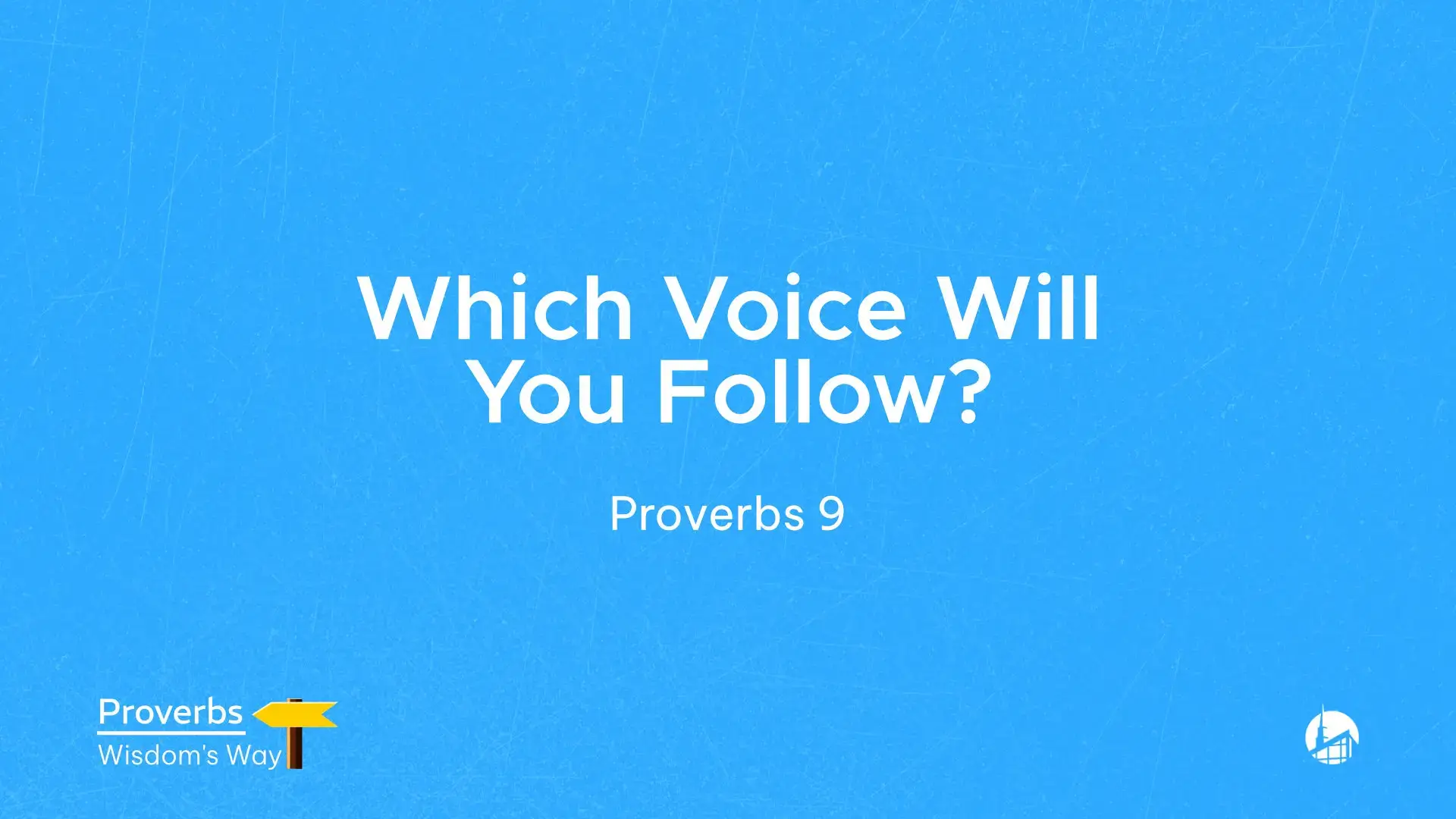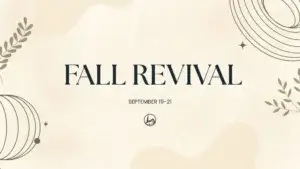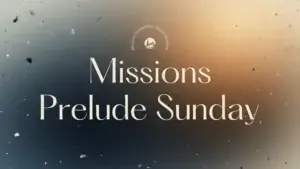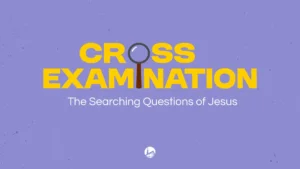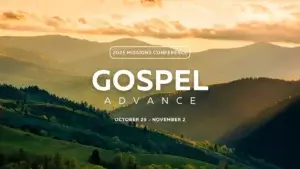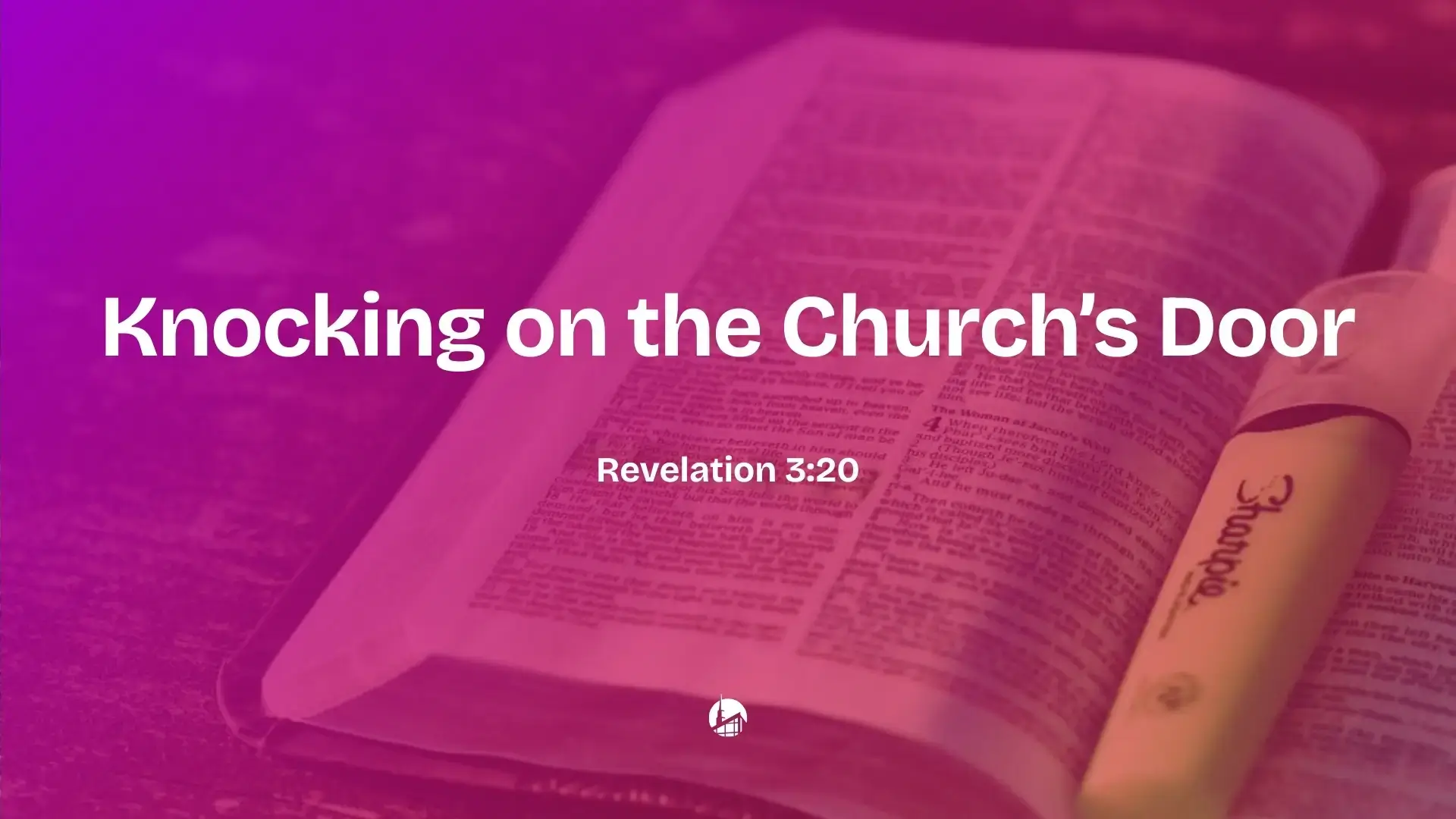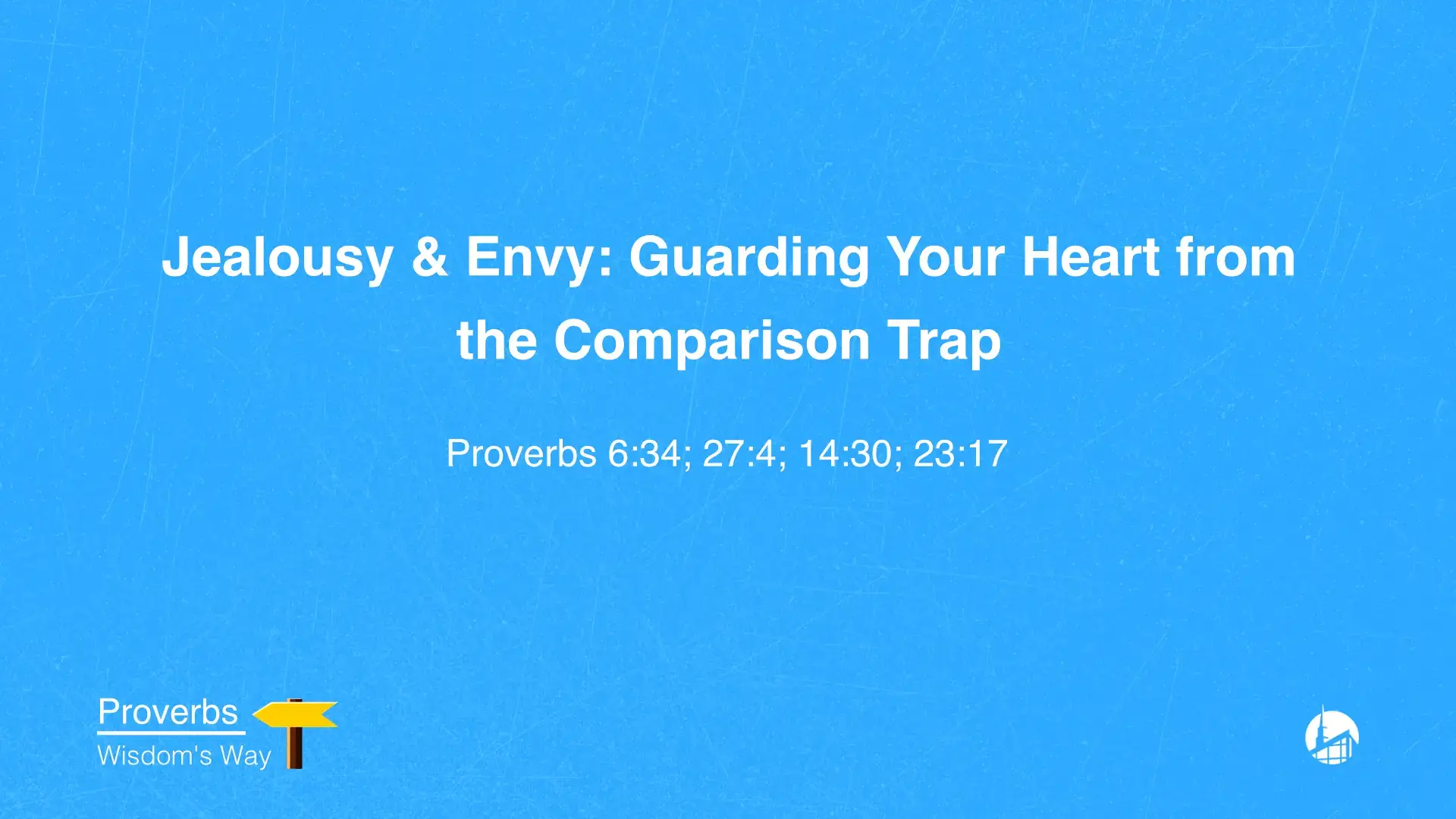Every day, we are surrounded by voices vying for our attention, each one offering a direction for our lives. Some lead to growth and godliness, while others pull us toward destruction. In Proverbs 9, Pastor Léveillé guides us through a vivid contrast between the invitations of wisdom and folly, emphasizing the critical choices we make and their eternal consequences. This passage presents life as a series of decisions, with two distinct voices calling to four types of hearers: the wise, the simple, the fool, and the scorner. Through this sermon, we are challenged to examine which voice we follow and what kind of hearer we are, as our choices shape our path and destiny.
The House of Wisdom (Proverbs 9:1-6)
Proverbs 9 begins with a portrait of wisdom as a noble woman who has built a sturdy house with seven pillars, symbolizing completeness and stability (Proverbs 9:1, KJV). She prepares a rich feast, mingling wine and setting her table with care, inviting the simple and those lacking understanding to partake of her bounty (Proverbs 9:2-5). Wisdom’s call is generous and purposeful, urging the inexperienced to forsake foolishness and embrace the way of understanding (Proverbs 9:6). This invitation is not to the elite but to those at a crossroads, those who are yet to commit to a path. Wisdom offers life, strength, and a foundation that can bear the weight of life’s challenges. For the simple, those who are young or inexperienced, this is a critical moment to choose a path that leads to godliness rather than drifting toward folly.
The Weight of a Word (Proverbs 9:7-9)
The sermon then shifts to the responses different hearers give to correction, highlighting the distinct characters in Proverbs: the wise, the simple, the fool, and the scorner. Rebuking a scorner often leads to shame and hatred, as they are hardened in their ways and reject truth (Proverbs 9:7-8a). In contrast, a wise man welcomes rebuke, growing wiser through instruction (Proverbs 9:8b-9). The simple, observing these responses, stand at a pivotal moment, learning from the wise or being swayed by the scorner’s resistance. Pastor Léveillé illustrates this with the example of Jesus before Herod, who, as a scorner, received silence, while David, a wise man despite his sin, responded to Nathan’s rebuke with repentance (2 Samuel 12:13). This section underscores that our response to correction reveals our heart’s condition and determines our spiritual trajectory.
The Root of Wisdom (Proverbs 9:10-12)
At the heart of Proverbs 9 lies the anchor of true wisdom: “The fear of the Lord is the beginning of wisdom: and the knowledge of the holy is understanding” (Proverbs 9:10, KJV). This fear is not terror but a deep reverence for God, a willingness to obey and align with His will. Knowing the Holy One brings understanding, anchoring life in a relationship with God. The fruit of this wisdom is a life multiplied in both length and quality (Proverbs 9:11). Pastor Léveillé emphasizes that sin can shorten life through disease, accidents, or regret, but wisdom rooted in the fear of the Lord leads to blessing. The passage warns that while wisdom benefits the individual, scorning it brings personal consequences: “If thou scornest, thou alone shalt bear it” (Proverbs 9:12).
The House of Folly (Proverbs 9:13-18)
In stark contrast to wisdom’s house, folly is depicted as a clamorous, ignorant woman who sits lazily at her door, calling to the same simple passersby as wisdom (Proverbs 9:13-16). Her invitation mimics wisdom’s, but her offer is deceptive: “Stolen waters are sweet, and bread eaten in secret is pleasant” (Proverbs 9:17). Folly promises excitement and pleasure, but her house leads to death and destruction: “But he knoweth not that the dead are there; and that her guests are in the depths of hell” (Proverbs 9:18). The Hebrew word for “hell” here, sheol, can refer to the grave or ruin, contrasting sharply with the life offered by wisdom. Folly’s allure is easy to follow, but it traps the simple and the fool in a room filled with spiritual death. The sermon urges immediate repentance for those caught in folly’s grip and vigilance for the wise to guard their hearts.
Conclusion
Proverbs 9 presents a clear choice between two voices: wisdom, which leads to life, and folly, which leads to death. Each of us is one of four hearers: the simple, who must choose wisely; the fool, who needs to repent; the scorner, who risks everything by resisting correction; or the wise, who must deepen their fear of the Lord. Pastor Léveillé challenges us to reflect on which voice we are following and what kind of hearer we are. For the simple, consider what invitations you might be ignoring that could lead to life. For the fool, repent before it’s too late. For the scorner, recognize the cost of your resistance. And for the wise, continue to grow in reverence for God. As we navigate life’s daily choices, may we heed the call of wisdom, rooted in the fear of the Lord, and walk the path that leads to eternal blessing.

